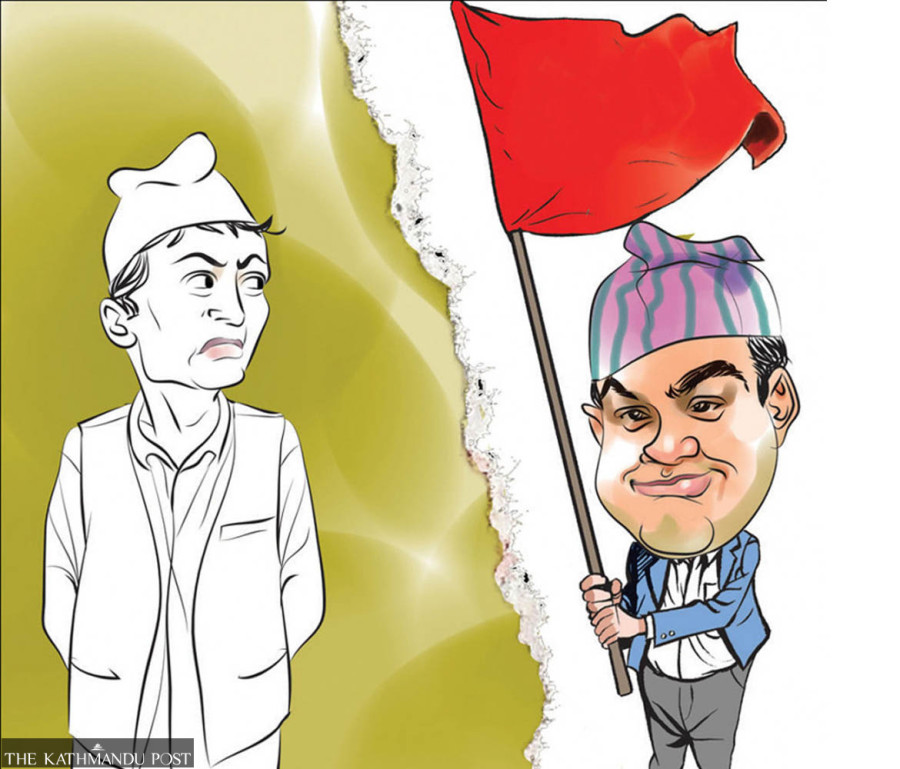Politics
No room for experts in Nepali politics
Experts say the problem with Nepali leaders is most of them consider themselves ‘Mr know all’ and ignore expert advice.
Anup Ojha
In the third week of June, the social media was abuzz with optimistic comments when environmentalist Arnico Panday announced that he was all set to contest for a lower house seat as an independent candidate from Lalitpur-3.
At the time, Panday had aggressively launched a publicity campaign, even updating his public profile on Linkedin, a professional networking site, identifying himself as a candidate for federal parliament. Many had taken to social media to welcome Panday’s plan to contest elections touting it as a beginning of a change in Nepali politics.
But within weeks he changed his mind.
On October 9, the nomination day, Panday announced that he wouldn’t be running for election this year, and endorsed another candidate in the constituency.
Similarly, urban planner and former government secretary Kishore Thapa, who had contested for mayor of Kathmandu Metropolitan City in 2017 from Sajha Party, didn’t show any interest to contest in November polls.
Although Thapa lost the local election five years ago, he had garnered 18,496 votes—the fourth highest number of votes among the competitors. Given his academic, professional bureaucratic credentials, many had expressed optimism over his entry in politics. But this time Thapa showed no interest in contesting elections.
“I didn't see any point filing candidacy this time because there is no space for experts like us in Nepali politics,” said Thapa.
“Because we stick to principles, ethics and believe in delivery all of which the present political parties and their leadership consider unimportant,” said Thapa.
Like Thapa, many other former bureaucrats also showed interest to join politics. Former finance secretary Rameshore Khanal is regarded as one of the few bureaucrats who have left their mark in Nepal’s bureaucracy.
Some leaders of the Nepali Congress wanted to engage him in the party. But some influential leaders in the party didn’t want him. Then, former prime minister Baburam Bhattarai included him in his core team when he quit the Maoist party and launched the Naya Shakti Party in 2016.
But within a year Khanal quit the party.
Similarly, two months ago, agriculture expert Madan Rai also ended his seven years journey with Bhattarai.
These are a few anecdotes of how some of the experts, who had succeeded to make an impact in their fields, tried their luck in politics but failed.
Experts and political commentators say although entry of experts in politics would do better for society as they can play important roles on the policy making front, Nepali polity has failed to embrace them with an open heart.
“The problem with our political leadership is that most of them consider themselves as ‘Mr know all’ and ignore expert advice,” said Rajendra Maharjan, a political commentator, “That is why they don’t want experts in their organisations and the election process.”
“The wrong notion among our so-called political leaders is they think experts are inferior to them and should work under their command,” said Maharjan.
This time, some experts like Swarnim Wagle, who is an internationally acclaimed economist, also tried their best to get tickets but the political leadership didn’t nominate them as candidates. Wagle, who is close to the ruling Nepali Congress and held important positions like vice-chair of the National Planning Commission (NPC) and proved his mettle, was denied a ticket.
Former secretary Thapa said the way the present political situation is driven, it is clear the country isn’t headed for development and prosperity.
“The parties are focussed mainly on managing their cadres, collecting funds for their organisations, and shoring up the leaders,” said Thapa.
He accused political parties of distributing tickets to criminals and goons.
In a sarcastic note, Thapa said political leaders wouldn’t give any priority to experts because they were never jailed, never involved in vandalism, arson nor did they kill people.
Political commentator Maharjan is of the view that political schooling is lacking in the country.
“Arnico has done comprehensive research on air pollution in Kathmandu and his contribution would be immense in the sector if he reaches the policy making level. From that perspective, he is a perfect candidate,” said Maharjan. “But he didn’t have any influence at the grassroots level, which is needed to win an election, and could be the reason behind his reluctance to be a candidate.”
Maharjan however is encouraged to see the eagerness of new people like Panday, Khanal, Thapa and Wagle to join politics.
Jhalak Subedi, a political observer, says that we don’t have a trend of accepting experts in politics because of the party's political dynamics as the experts don’t command any influence at the grassroots level. “Wagle is a well-known figure among educated people but he lacks appeal among the party rank and file and the ordinary public,” said Subedi.
Subedi says parties should use the proportional representation system to induct experts like Panday and Wagle to parliament. “And they should be given ministerial berths based on their expertise. But alas, this does not happen in Nepal.”




 8.79°C Kathmandu
8.79°C Kathmandu.jpg)














